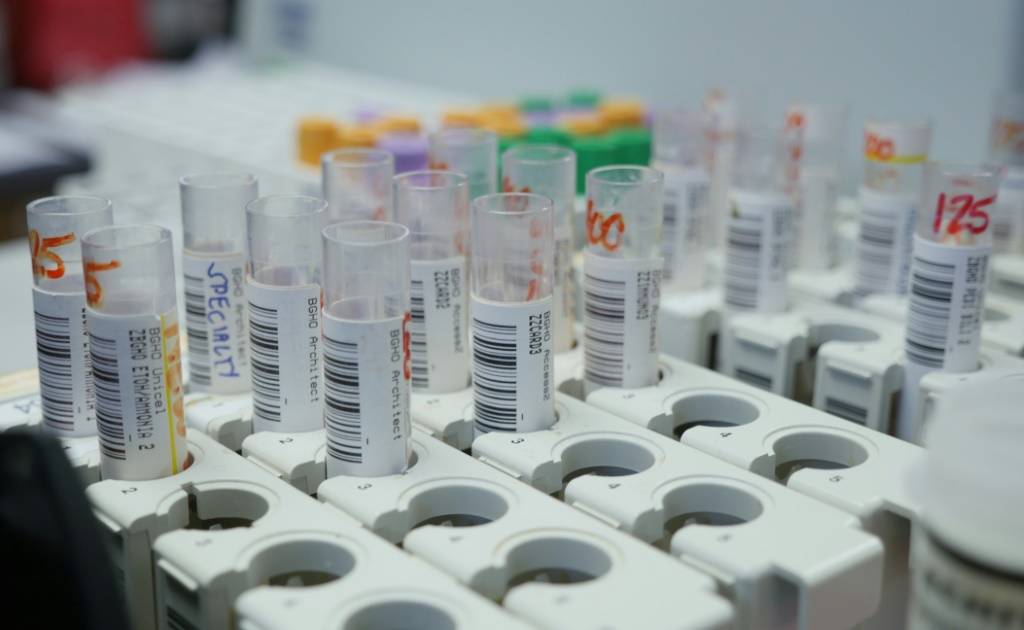Health Canada has approved Pfizer Canada’s gene therapy in Haemophilia B. This promises to be a significant medical breakthrough for those with the inherent blood condition.
With the announcement, Health Canada has approved the medicine BEQVEZ (fidanacogene elaparvovec). The medication is an adeno-associated viral (AAV) vector-based gene therapy drug for the treatment of adults (aged 18 years or older) with moderately severe to severe haemophilia B (otherwise known as congenital Factor IX deficiency). This is suitable in patients who are negative for neutralizing antibodies to variant AAV serotype Rh74.
Although strange sounding, the medication – fidanacogene elaparvovec – is a novel, investigational gene therapy that contains a bio-engineered AAV capsid and a high-activity variant of human coagulation FIX gene.
Adeno-associated viruses (AAV) are small viruses that infect humans and some other primate species. AAV is an attractive candidate for creating viral vectors for gene therapy, being used by molecular biologists to deliver genetic material into cells.
According to scientist Frédéric Lavoie, Canada Lead – Specialty Business Unit, Pfizer Canada ULC: “We are proud to introduce an innovative therapy for people living with haemophilia B in the form of gene therapy.”
Human gene therapy has been advancing in recent years and relates to technologies developed for the treatment of disorder or disease through transfer of engineered genetic material into human cells, often by viral transduction.
Health Canada’s approval for BEQVEZ was based on an open label, single arm Phase 3 BENEGENE-2 study, to evaluate the efficacy and safety of fidanacogene elaparvovec in adult male participants (age 18–65) with moderately severe to severe haemophilia B.
Haemophilia B is a blood clotting disorder causing easy bruising and bleeding due to an inherited mutation of the gene for factor IX (the absence of which causes the blood to take a long time to clot). Most individuals who have Haemophilia B and experience symptoms are men and Haemophilia B represents about 15 percent of patients with haemophilia.
The main objective of the study was to evaluate the annualized bleeding rate for participants treated with gene therapy versus FIX prophylaxis replacement regimen, administered as part of usual care. The study enrolled 45 participants.
The new treatment shows potential in reducing the burden of frequent infusions by providing, with a single infusion, a persistent liver production of factor IX, which could help improve the life of those affected.
Based on the World Federation of Haemophilia, more than 38,000 people worldwide were living with haemophilia B in 20211. In Canada, haemophilia B affects over 700 individuals.
The goal of the gene therapy for eligible people living with haemophilia B is that, once treated, they will be able to produce FIX via this one-time treatment, rather than having to regularly receive intravenous FIX produced from either plasma or recombinant technology.














